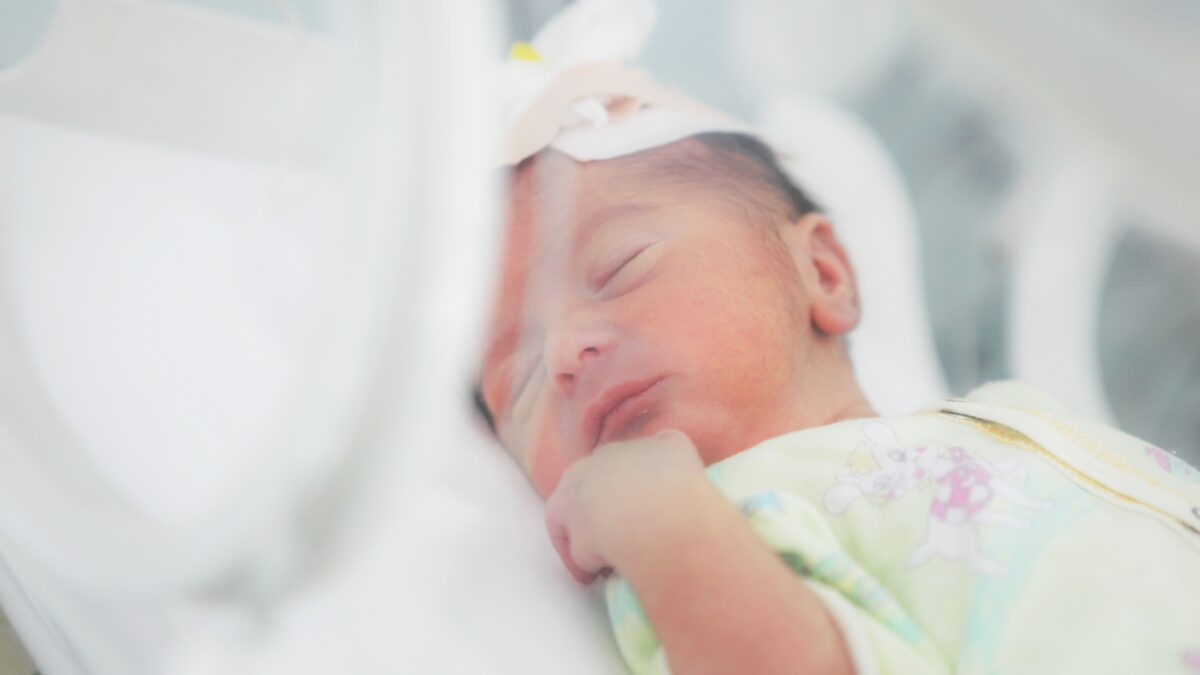
The Ryan Center, the University of Chicago’s campus abortion clinic, advertises potentially illegal late-term abortions on its websites, according to a recent report from The Chicago Thinker, the university’s right-leaning student newspaper.
The 2019 Illinois Reproductive Health Act (RHA) states that, if an unborn baby can live outside the womb, an abortion can only be performed “if, in the professional judgment of the health care professional, the abortion is necessary to protect the life or health of the patient.”
The Ryan Center, however, offers abortions of preborn babies up to 23 weeks and 6 days old, when a significant percentage can survive outside the womb, and regardless of any threat to the mother’s life or health. The Family Planning Associates (FPA) Chicago clinic similarly offers abortions up to 23.5 weeks. These are both ages at which babies prematurely delivered and given standard medical care often survive outside the womb.
“U.S. babies delivered at 22 weeks survive approximately 28% of the time, while babies delivered at 23 weeks survive approximately 55% of the time,” writes Thinker reporter Ben Ogilvie. “Their survival rate is presumably even higher at a state-of-the-art health center like UChicago Medicine.”
Essentially, killing viable babies is only allowed in extreme situations threatening the life of the mother in Illinois, yet the Ryan Center and FPA clinic appear to be advertising late-term abortions of babies at a known viable stage to anyone, under any circumstance. While the text of the law clearly indicates this is illegal, Illinois courts and agencies interpret “health of the mother” to include “mental health.” That can include any form of worry about bearing a child. This loose interpretation allows abortions up to birth in Illinois.
The Ryan Center and the FPA clinic may also be getting away with performing illegal late-term abortions because of the RHA’s definition of viability. Its definition is not simply whether a child has a chance of surviving outside the womb or even if the child has a good chance. The RHA defines viability as when “in the professional judgment of the attending health care professional, based on the particular facts of the case, there is a significant likelihood of a fetus’s sustained survival outside the uterus without the application of extraordinary medical measures.”
Subjective terms like “extraordinary” have often been misconstrued by abortionists to get away with killing children outside the legal limits. According to Ogilvie, “’Extraordinary’ is a term of art commonly used in discussions of end-of-life care, living wills, and Catholic bioethics. It generally refers to medical care that is highly expensive or painful with limited benefits; cancer treatment for the terminally ill is a classic example.”
This is certainly not how one would describe the care administered to the 10-15 percent of babies who spend time in a neonatal intensive care unit (NICU). It’s unclear how abortionists at the Ryan Center and FPA clinic define “extraordinary” but their websites contain no cautions about this aspect of state law.
RHA contains no explicit penalty for performing illegal late-term abortions. While the “intentional homicide of an unborn child” carries a minimum 20-year prison sentence in Illinois, that isn’t likely to apply to the babies dying in the Ryan Center or FPA Chicago facilities. This is because, per the RHA, a “fetus does not have independent rights under the laws of this State.”
Legally stripping unborn babies of their personhood isn’t the only reason abortionists might get away with performing second-trimester abortions. The act removes all state and local oversight in abortion facilities. It also ended the requirement that Illinois abortion facilities have a licensed physician on their boards in order to obtain a license. “In Illinois, tanning salons and barbershops face stricter scrutiny than abortion facilities,” writes former Executive Director of Illinois Right to Life Amy Gehrke.
Under RHA, abortion facilities only self-report their violations to law enforcement, so, as Gehrke explains, facilities “can more easily destroy evidence, covering up any negligence or criminal activity taking place at an abortion facility.”
In the case of any illegal late-term abortions in Chicago, no facility is going to report themselves to law enforcement if they murder viable unborn children. They openly market these potentially illegal murders because they are accountable to no one.
This article has been updated since publication.









